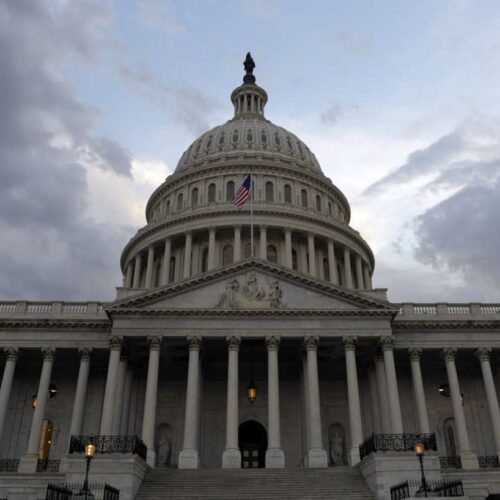Introduction
The Super Congress has its work cut out: Twelve lawmakers have been tapped to identify more than $1 trillion in spending cuts in an autumn marathon never before seen in Washington.
Democratic Sen. Patty Murray of Washington and Republican Rep. Jeb Hensarling of Texas will co-chair the committee, with a backup chorus of lawmakers representing the full political spectrum.
Every member of the Super Congress comes with a history of political patrons and connections with special interests. The Center for Public Integrity’s iWatch News has produced an in-depth look at their involvement with the gears that make Washington work, often to the consternation of the public and government watchdogs.
The committee must come up with $1.5 trillion or more in budget savings over the coming decade, enough to match increases in the government’s ability to borrow enough money to pay its bills through the beginning of 2013. It requires a bipartisan majority of at least seven of the committee’s 12 members to recommend legislation to be presented to the whole Congress for an up-or-down vote by Dec. 23. The select panel has until the day before Thanksgiving to complete its deliberations.
As with any group of senators and representatives, the members of the Super Congress bring to the table their own set of political activities. These include PAC contributions from special interests; the revolving door of staff in and out of the private sector; the lawmakers’ own PACs that dole out donations to favored people running for office. Click on the names below for individual profiles.
Democratic Senators:
Republican Senators:
Republican House members:
Democratic House members:
Our profiles include:
Top PAC Contributors: Using data from subscription-only CQ MoneyLine, we examined contributions from political action committees 2009, 2010 and 2011 to lawmaker’s campaign committee and leadership PAC, if any
Revolving Door: Former staffers who are now registered lobbyists
Quotes: Statements on priority the Super Congress, or any noteworthy remarks on how to balance budget, whether to balance budget, etc.

Join the conversation
Show Comments